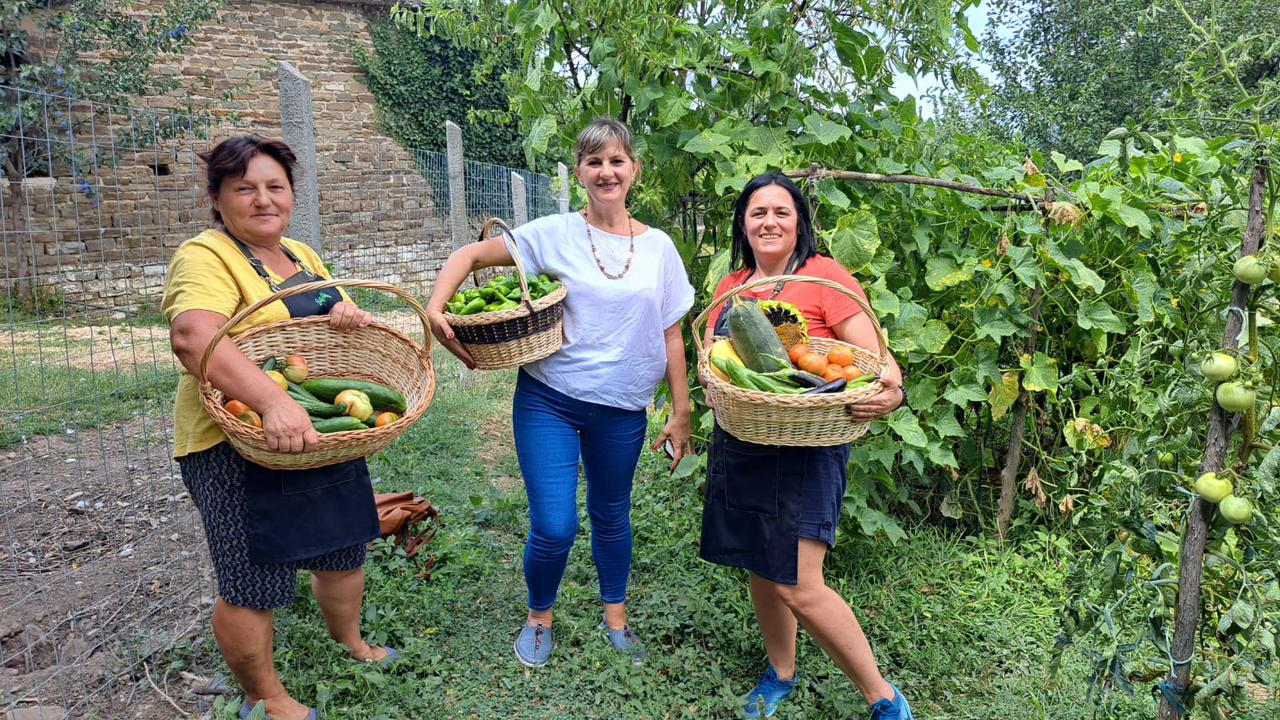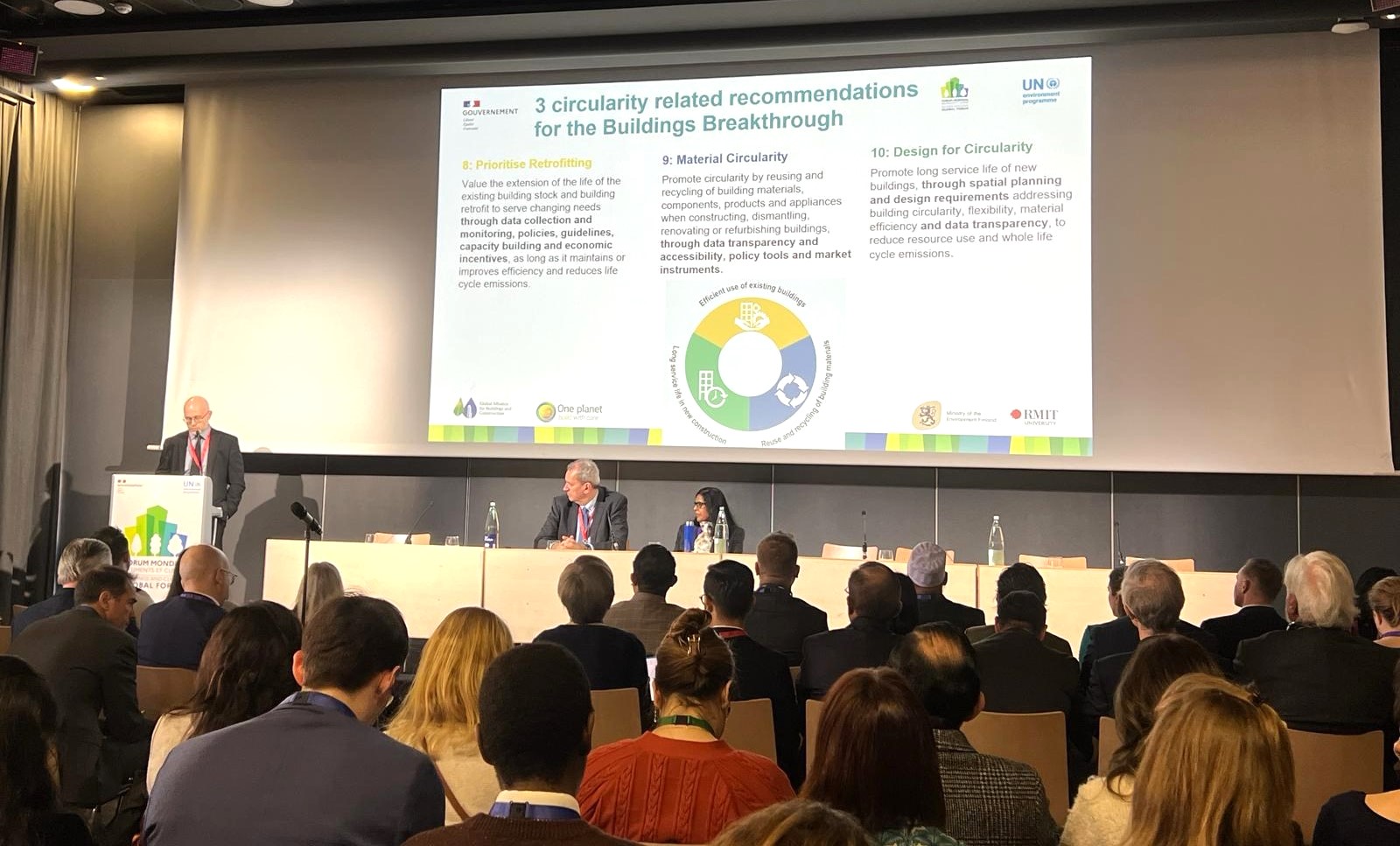Better by Design – replicating promising practices, tools and methodologies to support and enable companies in Latin America to improve the sustainability of their food and beverage products
The project will work with major retailers operating in Nicaragua, Honduras and Peru and their value chain partners to implement tried-and-tested sustainable product design tools into new product development (NPD) processes. A ‘Consumer Information Lab’ will also be used concurrently to build capacity and best practices in Latin American organisations for sustainability-led advertising of consumer goods.
The project works alongside Latin American retailers, suppliers and policy makers, to embed sustainable, low carbon thinking into new product development. 2017
The project kicked off with a webinar for 42 participants from across the three nations and beyond with the aim to introduce the concepts of sustainable product design and sustainability led advertising. See here: www.wrforum.org/wp-content/uploads/2017/12/BBD-Webinar-Slides-SPDDSACC-9-Nov-2017-S
The webinar was followed up with a 3-day train-the-trainer event held at the venue of the Ministry of Environment in Lima, Peru in November. Here participants (retailers and local NGOs) learnt how to use established tools and methods to apply Sustainable Product Design to new product development (NPD) lines and learnt how to apply best practice for sustainability-led advertising for consumer goods via a ‘Consumer Information Lab’. Training kit is here: www.wrforum.org/wp-content/uploads/2018/04/1.BBD_SPDD_SACC-Politicas-Kit-light4.pdf
2018
During 2018, three companies implementing BBD (Industrias Union, Grupo MacDel and Delmor), received personalised technical assistance via webinars and physical visits by Grupo Gea in Peru, CICOMER in Honduras and CNPML in Nicaragua.
Based on the intermediate results (for example, environmental critical points identified and areas of improvement in the current communication on-pack) technical assistance areas were refined.
In the case of Industrias Union (Peru), the product selected was granola. Experts identified the packaging, and waste and CO2 emissions generation as areas with potential for improvement. Efforts concentrated on these points.
The policy area advanced in Peru with the support of the plastics law development process by Grupo Gea and WRF.
In Honduras (Tegucigalpa & San Pedro Sula) on March 12-13, workshops were delivered for 22 participants. It was held with the participation of the Ministry of Environment and CONADES (contact for One Planet Network), experts and two private companies selected due to their presence in the national and regional markets, their own retail stores and investment potential: 1) Grupo MacDel (cleaning products); and 2) El Corral (Deli meats).
In Nicaragua (Managua) on March 14, a workshop "Development, eco-design and promotion of sustainable products" was delivered. It was attended by 10 participants, of which 60% were from DELMOR including the managers of marketing, production, innovation and development as well as of environmental responsibility. 30% were consultants and 10% from the academia. The product selected was mortadella. INDUSTRIAS UNION
In Peru, Unión wanted to improve the sustainability of a popular granola product. Grupo GEA (National Cleaner Production Centre at CER) and BDD experts identified an opportunity to replace non-recyclable packaging to biodegradable packaging certified to the EN 13432 standard. With anticipated 250,000 packets produced per year the change of packaging could have a significant impact on product’s sustainability by reducing waste going to landfills and oceans and having 10 tons less of CO2-equivalent. Millennial consumer focus groups feedback shows a positive response to this new packaging.
A 2019 roadmap includes:
- Replacing some ingredients for local ones to improve product’s carbon footprint (less CO2) along the value chain.
- Switching to compostable packaging.
- Targeting millennial for the new product under development
- Marketing of the new product following the UN Consumer Information Guidelines.
MACDEL
In Honduras, CICOMER and the BBD team worked with Grupo MacDel’s on its Citrus Mac, a multipurpose cleaner product. Key results are the baseline analysis of current marketing strategy and the behavioural economics tool to design in store experiments preceding a sustainable market campaign design (following the UN Guidelines for Providing Consumer Information).
A 2019 Roadmap includes:
- Packaging: switch from non-recyclable bottles and single-use packaging to more sustainable options such as smart re-use systems for domestic & professional cleaning markets;
- Product formula: 100% natural, biodegradable, sustainably sourced and pH neutral ingredients;
- Certificates: fulfilling the EcoCert standard in support of the marketing campaign and verification of their commitments;
- New manufacturing plant with energy efficiency standards, equipment and renewable energy options.
DELMOR
In Nicaragua, The Cleaner Production Centre CPML and BBD team worked with sausages company Delmor who produces affordable meat protein products. Based on a baseline evaluation and hotspot analysis, opportunities for a more sustainable product were identified.
A 2019 roadmap includes:
- Replacement of ingredients for healthier complements and materials or natural origin to extend the shelf life
- Implementation of the communication campaign on a sustainable product
- Switch to biodegradable packaging
POLICY AREA
This advanced in Peru with the issuing on the Plastics Law 30884 (Dec 2018) with support of Grupo Gea and WRF. Among key results of this project is the overall recommendation to look in-depth into the eco-design of packaging for food and beverage, in general, which has great improvement potential.
If interested in building the first cluster of companies and experts engaged in sustainable packaging in LATIN AMERICA and willing to share their experiences and advance the agenda on this area, please contact info@wrforum.org
External source(s)
Image

Project start date
01/07/2017
Project end date
30/06/2019

